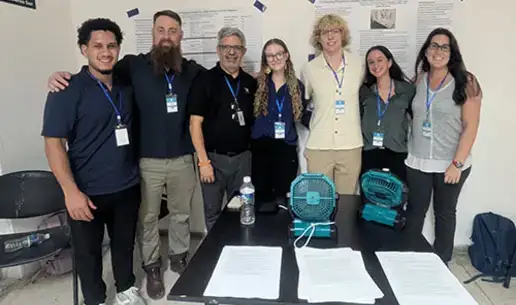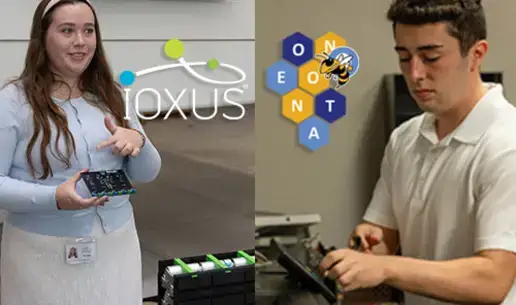Welcome to the website for the Office of the Provost and Vice President for Academic Affairs at SUNY Oneonta. We have designed this site as a resource to learn more about academic programs, policies and activities at SUNY Oneonta. Here you can find resources distributed from the Office of the Provost. Please use this page to keep up-to-date with important information from our office.
Sincerely,
Enrique Morales-Diaz
Provost & Vice President for Academic Affairs
Enrique.Morales-Diaz@oneonta.edu



